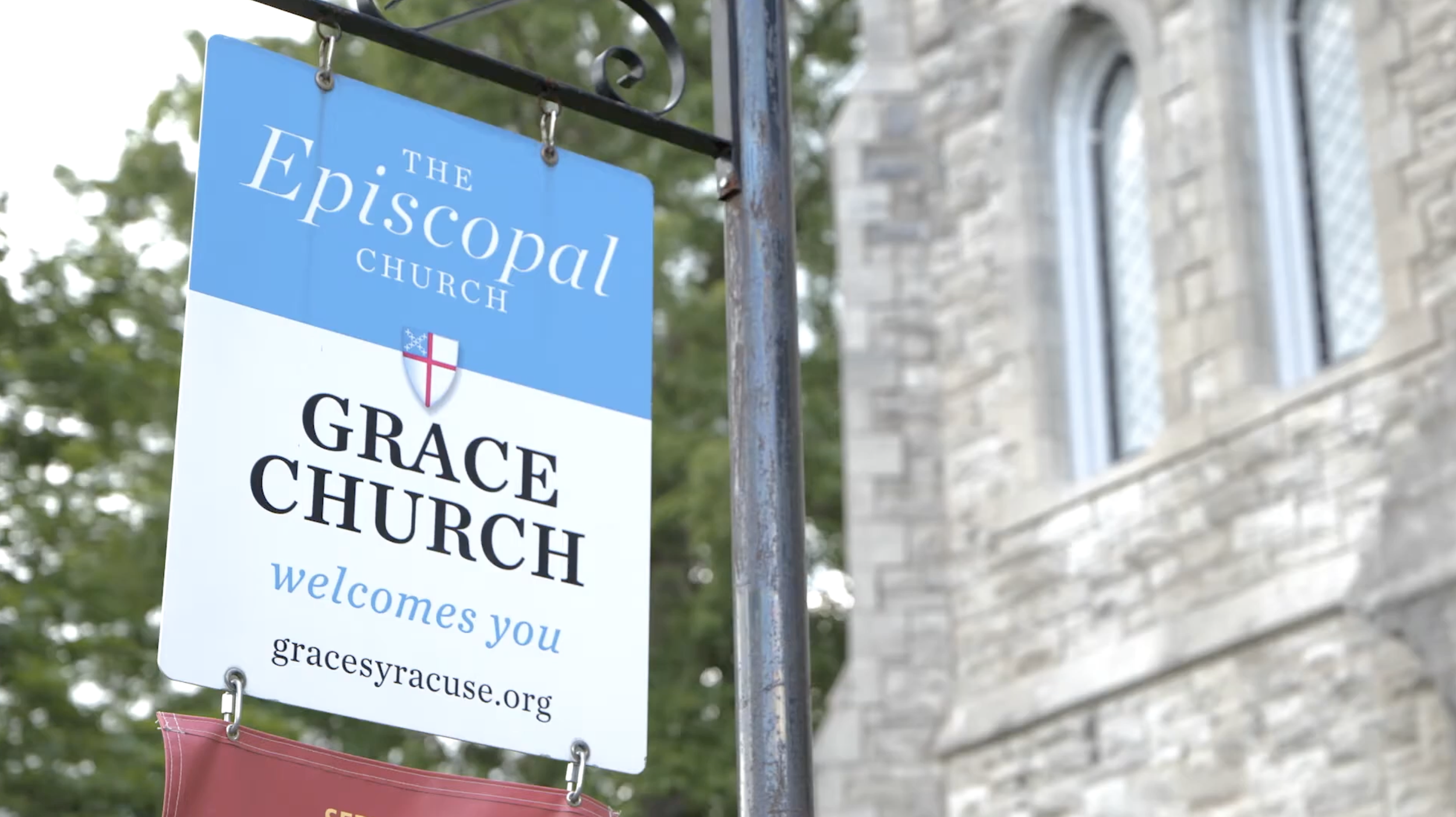
You’re always welcome at Grace…
and we mean that!
Grace is the house of a loving God where everyone is welcome,
everyone is respected,
everyone is honored,
and everyone is loved.
Grace is a church of refuge, healing, and hope.
Come to a place where your soul can feel at home!
Grace Church is a community seeking a deeper relationship to with God through loving Jesus and serving our neighbor in the tradition of the Episcopal Church.
We are people rooted in Friendship and Service.
What’s happening at Grace?
Our weekly Sunday Service with Communion is 9:30 AM on Sundays.
See what all is happening at Grace on the parish calendar.




